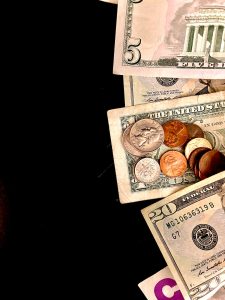Forex trading has become increasingly popular among individuals looking to make a profit through the foreign exchange market. However, with profits come taxes, and it is important for forex traders to understand how to properly tax their income. In this article, we will explain how to tax forex income in a comprehensive manner.
Firstly, it is important to understand the different types of taxation systems that exist. In the United States, for example, there are two main tax systems: the progressive tax system and the flat tax system. The progressive tax system is based on a person’s income level, while the flat tax system is a fixed percentage of income.
For forex traders, the most important tax system to understand is the progressive tax system. This is because forex income is considered ordinary income, which is taxed under the progressive tax system. This means that the more income a trader earns, the higher the tax rate they will pay.
In the United States, the progressive tax system has several income brackets, each with its own tax rate. For example, for the year 2021, the tax rates are as follows:
– 10% for income up to $9,950
– 12% for income between $9,951 and $40,525
– 22% for income between $40,526 and $86,375
– 24% for income between $86,376 and $164,925
– 32% for income between $164,926 and $209,425
– 35% for income between $209,426 and $523,600
– 37% for income over $523,600
As a forex trader, it is important to keep track of your income and pay taxes accordingly. This means keeping accurate records of your profits and losses, as well as any expenses related to your trading activity.
One way to keep track of your forex income is to use a trading journal. This journal should include details of all your trades, including the currency pair, the entry and exit prices, the date and time of the trade, and the profit or loss.
Another important consideration for forex traders is the tax treatment of trading losses. In the United States, trading losses can be used to offset trading profits, which can lower the amount of taxes owed. However, there are certain rules and limitations to be aware of.
For example, if a trader has a net capital loss for the year, they can only deduct up to $3,000 of that loss against their ordinary income. Any excess loss can be carried forward to future years.
It is also important to note that forex traders can deduct certain expenses related to their trading activity. These expenses may include things like internet and phone bills, software and data feeds, and trading education and seminars.
To claim these deductions, forex traders will need to file a Schedule C (Form 1040) with their tax return. This form is used to report income or loss from a business or profession, which includes forex trading.
In conclusion, taxing forex income can be a complex process, but with proper record-keeping and understanding of the tax system, forex traders can minimize their tax liability and avoid any potential legal issues. It is important to consult with a tax professional if you have any questions or concerns about how to properly tax your forex income.





